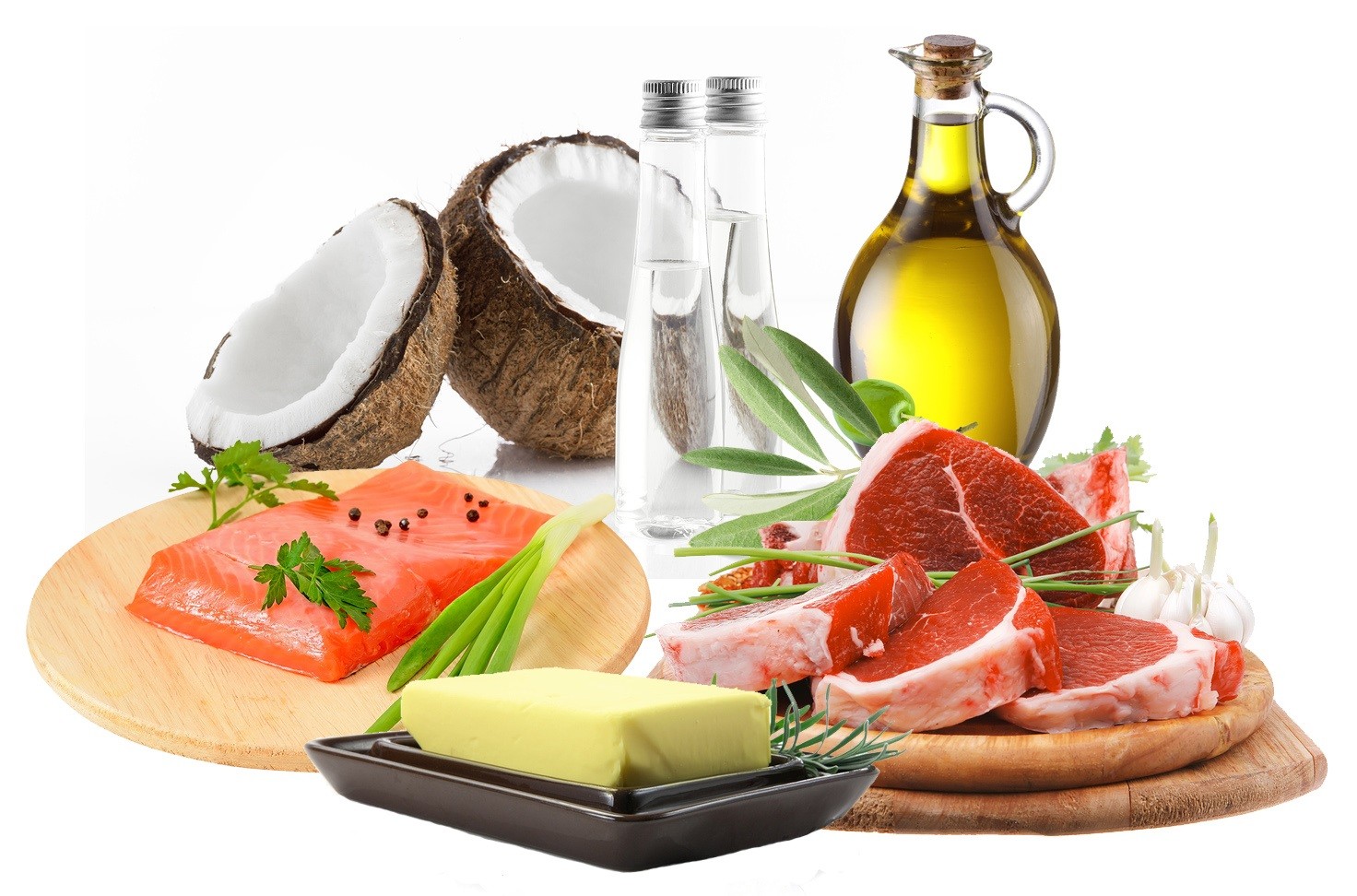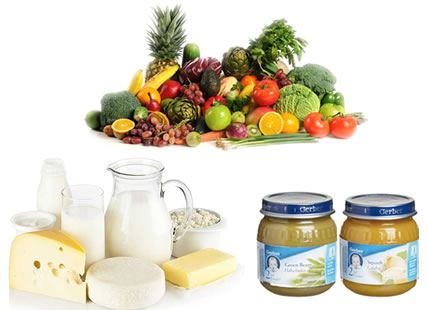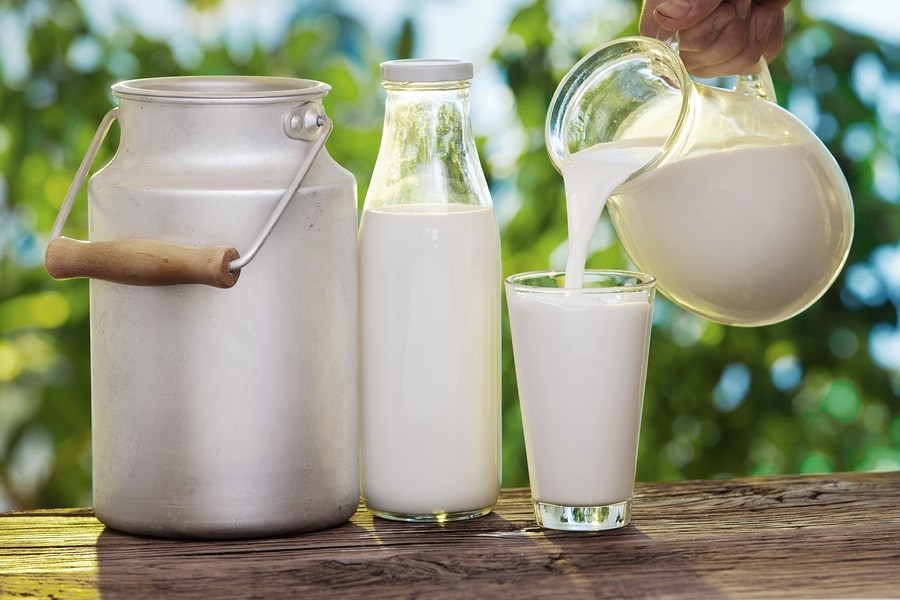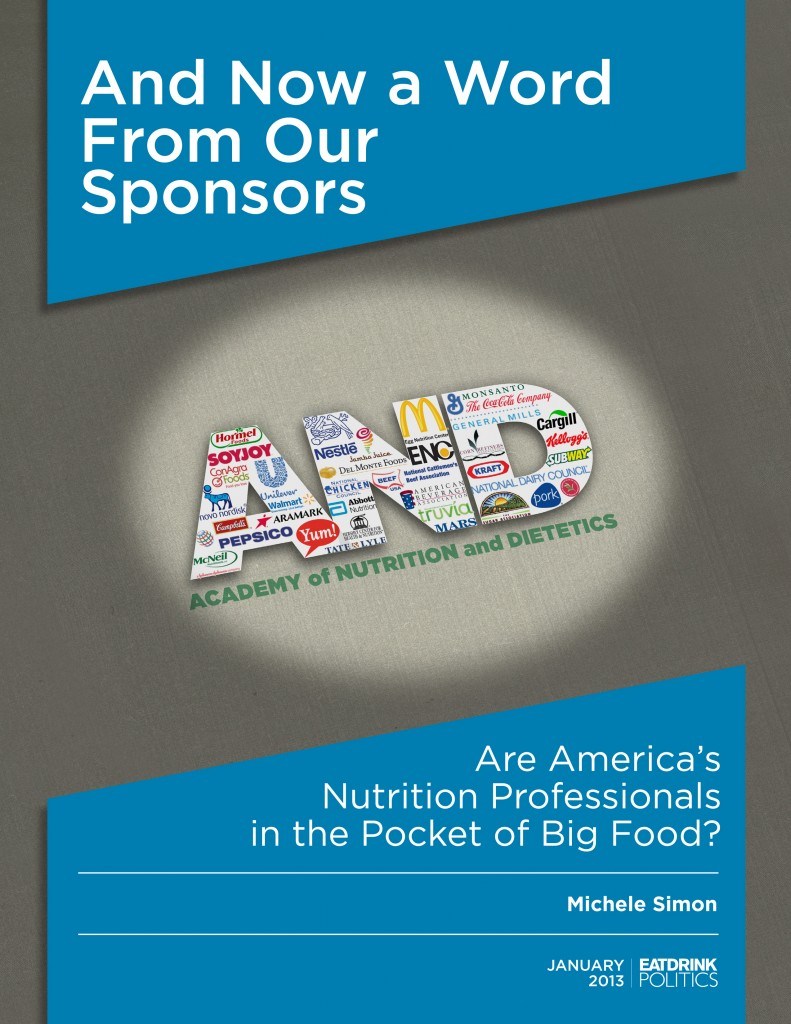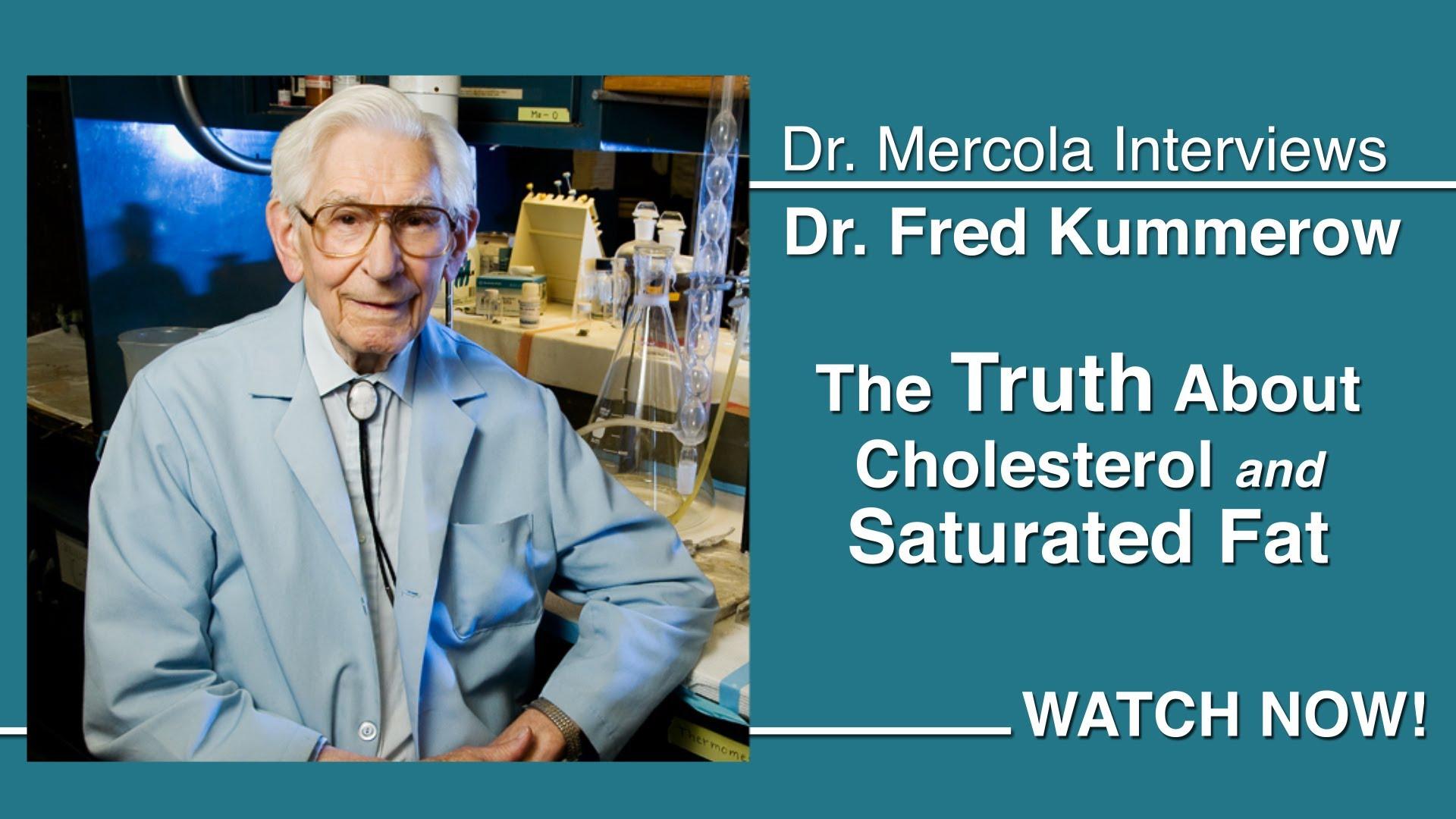News regarding traditional wisdom and native diets regarding nutrition.
Tropical Traditions Introduces Black Cumin Seed Oil to its Product Line
Tropical Traditions announced today that it had added Black Cumin Seed Oil (nigella sativa) to its line of premium quality edible oils. The oil originates from Turkey, where some of the world's highest quality black cumin seeds grow. Black cumin seeds have been uncovered in Turkey from the ancient Hittite empire, dating back to 1650 BC. The seeds are rich in nutrients and antioxidants. Nigella sativa is known by various other names such as: black caraway, fennel flower, nutmeg flower, Roman coriander, kaljeera, habbat al-barakah, among others.
Butter is a Health Food
For the past 60 years, saturated fat and cholesterol have been wrongfully vilified as the culprits of heart disease. Refined carbs, sugar, and trans fats found in processed foods are the real enemy—not the saturated fats found in foods such as butter, lard, or eggs. Butter, especially raw butter from grass-fed cows, is rich in beneficial nutrients including vitamins, trace minerals, CLA, and beneficial fats.
Boost Your Antioxidant Levels and Fight Cancer by Eating Bok Choy
Bok choy contains powerful antioxidants like vitamins A and C and phytonutrients such as thiocyanates, lutein, zeaxanthin, isothiocyanates, and sulforaphane, which stimulate detoxifying enzymes and may protect against breast, colon, and prostate cancers.
FDA Backs Down from Consumer Outcry over Raw Artisanal Cheese Restrictions
Does the FDA have a legitimate concern when it comes to aging cheese on wooden boards? Is it true that they can’t be “adequately cleaned or sanitized?” Simply put, no. As thoroughly documented by the American Cheese Society, there are a number of effective ways that wooden boards can be safely cleaned. Some of “the most awarded and well-respected” American artisanal cheeses are aged on wooden boards, since it brings a richer, more complex flavor that can’t be duplicated when aged on other materials. In fact, many artisan cheese recipes are specifically formulated to be aged on wooden boards. This rule could have irreparably harmed thousands of small artisans and businesses. The business about wood boards is just an excuse, a distraction, from the issue at hand, which is the FDA’s determination to harass and even shutter as many artisanal cheese makers as it can. The FDA’s demand that artisanal cheese producers, which depend on friendly bacteria for the taste and nutritional benefits of their product, essentially create a sterile environment, isn’t unlike what’s happened to the rest of our society with a push for sterilization of food and the environment, all the way to the ever-present hand sanitizers. Unfortunately for small cheese producers, the only entities that can successfully produce cheese in a sterile environment are the corporate producers, whose cheese fewer and fewer people want.
Health Benefits of Cashews
Native to Brazil, cashews are crescent-shaped nuts with a sweet flavor and a plethora of uses in the kitchen. Considered third in consumption among all the tree nuts in the world, they're delicious in a wide variety of recipes. Cashews are the number one crop in the world (after almonds), cultivated in more than 30 countries and are a great mineral source, containing 31% of the daily recommended value for copper, along with 23% for manganese, 20% for magnesium and 17% for phosphorus,add to that 12% of the daily recommended value for vitamin K. What does this mean for the body? Studies show that magnesium helps diminish the frequency of migraines, improve cognitive ability, and also lowers blood pressure, which can prevent heart attacks. Copper contains antioxidants that render free radicals harmless. This protects against heart disease and cancer. Enzyme components like tyrosinase convert to the pigment melanin, which provides not just our skin and hair color, but protects our skin from UV damage. Magnesium works with copper to provide bone strength, and with melanin and elastin to provide joint flexibility, giving the nerves just the right tension.
Medicare Ruling Levels Playing Field Among Nutrition Professionals and Registered Dietitians in Hospitals
A landmark federal ruling that all qualified nutrition professionals—not just Registered Dietitians—may order therapeutic diets in hospitals, has leveled the playing field between nutrition professionals and Registered Dietitians. The U.S. Department of Health and Human Services’ Centers for Medicare and Medicaid (CMS) ruled that: “all patient diets, including therapeutic diets, must be ordered by a practitioner responsible for the care of the patient, or by a qualified dietitian or qualified nutrition professional as authorized by the medical staff and in accordance with State law.” The ruling adopts the Board for Certification of Nutrition Specialists’ (BCNS) formal recommendation to CMS that qualified nutrition professionals obtain any privileges granted to Registered Dietitians.
Time Magazine: We Were Wrong About Saturated Fats
Reversing over 50 years of negative press on the "dangers" of saturated fats, Time Magazine has finally admitted that the war on saturated fats was based on bad science and was wrong. Why this sudden change of heart, and can we expect other mainstream media sources to follow suit? Will the USDA dietary guidelines now finally change? Don't count on it. There is much more at stake here than just butter verses margarine. At stake is a multi-billion dollar statin drug industry to lower cholesterol. The cholesterol drug war rages on.
3 Types of Foods You Probably Didn’t Know Have MSG
Monosodium glutamate (MSG) is not a nutrient, vitamin, or mineral and has no absolutely no health benefits. It is a processed food and pharmaceutical additive that is an extremely dangerous neurotoxin (excitotoxin) that kills brain cells in the hypothalamus and has been linked to migraines, seizures, ADD/ADHD, heart palpitations and is now officially officially linked to obesity and disorders associated with metabolic syndrome including progressive liver disease. What is more shocking is that it's found in three types of foods most people are not even aware of.
Illnesses from Raw Milk less Severe than Illnesses and Deaths due to Pasteurized Milk
David Gumpert recently published an insightful blog post demonstrating how the mainstream media treats outbreaks of illnesses due to milk. If there are illnesses due to drinking fresh raw milk, it is presented as a public health hazard and something that should be banned, even though there have been no recorded deaths due to drinking raw milk in the past 15 years. When illnesses and deaths occur due to pasteurized milk, however, it is glossed over in the mainstream media, and the fact that the milk was pasteurized as commercial processed milk is not even mentioned in the story. The official position in the mainstream media is that fresh raw milk directly from the farm is dangerous, while store-bought pasteurized processed milk is safe. This is a false belief not supported by the data. As we have previously reported, the raw milk debate is not a debate about food safety as the government, Big Dairy, and the pharmaceutical industry would like you to believe. The most dangerous foods in your local grocery store, causing the most outbreaks of deaths and illnesses, are in the fresh produce department, and the meat sections. And then if you want to include deaths due to FDA approved prescription drugs, the comparison becomes even more absurd.
Carrageenan: How a “Natural” Food Ingredient Allowed in Organics is Making us Sick
If it’s in our food, it must be safe to eat, right? We can say that about countless ingredients that have been proven to be unsafe. Carrageenan is one of them. Since 1969, dozens of studies of food-grade carrageenan have been published in peer-reviewed academic journals. Results from these scientific experiments point to harmful effects from food-grade carrageenan in the diet. How does this happen? How is it that a harmful ingredient is allowed into—and in some cases thousands—of food items, including those certified organic?
Registered Dietitians Being Told that GMOs Are Safe and Gluten Intolerance Is a Fad
Picture yourself at a continuing education conference for professionals. In the morning, you grab a Hershey’s chocolate milk and head to a panel—sponsored by the Wheat Council—on how gluten intolerance is just a “fad.” After a lunch provided by McDonalds, you listen in on a discussion (hosted by the Big Food front group International Food Information Council) about how GMOs are perfectly safe and environmentally friendly. Was this a continuing ed conference for Big Food propagandists? Nope—Registered Dieticians at the annual conference of the California Dietetic Association.
American Heart Association’s Outdated Dietary Guidelines are Hurting Americans’ Health
The American Heart Association’s woefully outdated dietary guidelines are hurting Americans’ health. Last December, we told you about the American Heart Association’s (AHA) new new cholesterol guidelines that would make 33 million healthy Americans dependent on statins. These are the most widely prescribed class of drugs in the world—drugs so dangerous that the FDA mandates their side effects be disclosed in labeling. The problem with AHA’s “logic?” Not only has this bad/good cholesterol dichotomy been solidly debunked by study after study—it was never proven in the first place. According to the Wall Street Journal, the notion that saturated fats and LDL clog our arteries came from a “derailment” of nutrition policy “by a mixture of personal ambition, bad science, politics, and bias.” This article takes a look at some of the other AHA dietary guidelines, accompanied by reasons why they actually are bad for your heart.
Pomegranates Are an Antioxidant-Rich Superfood
Pomegranates contain three types of antioxidant polyphenols, including tannins, anthocyanins, and ellagic acid, in significant amounts. Their antioxidant activity is known to inhibit cell proliferation and invasion, and promote apoptosis (cell death) in various cancer cells. Pomegranates or pomegranate extract may help reduce joint pain and decrease inflammation in arthritis sufferers. They may slow the growth of plaque formation in arteries, boosting heart health.
The Redemption of Cholesterol—How It Supports Your Health
Over the past 60 years, research has repeatedly demonstrated that there’s NO correlation between high cholesterol and plaque formation that leads to heart disease. Despite that, the saturated fat/cholesterol myth has persisted. Dr. Fred Kummerow, who is nearly 100 years old, was the first scientist to document the toxicity of trans fats. Over the past 60 years, his research has repeatedly demonstrated that there’s NO correlation between high cholesterol and plaque formation that leads to heart disease. Dr. Kummerow’s work shows that it’s not cholesterol that causes heart disease; rather it’s the trans fats and oxidized cholesterol that are to blame.
Saturated Fat Phobia Lacks Scientific Basis
Does the thought of a rare-cooked, grass-fed steak, a couple of over-easy eggs cooked in butter, or a tall glass of raw whole milk make your mouth water? These satisfying foods that have been enjoyed for ages are now taboo, according to US health agencies, because saturated animal fats “cause heart disease” and should be severely restricted in a heart-healthy diet. As recently as 2010, the current recommendations from the US Department of Agriculture (USDA) call for reducing your saturated fat intake to a mere 10 percent of your total calories or less. This is astounding, and quite the opposite of what most people require for optimal health! Fortunately, there are signs that the saturated fat phobia is lifting in the US, and not a moment too soon, as increasing research banishes the myth that saturated fats harm your health.
GMO Soy Is Scarier Than You Think
Soybeans are the second-largest US crop after corn, covering about a quarter of American farmland. We grow more soybeans than any other country except Brazil. According to the US Department of Agriculture, more than 90 percent of the soybeans churned out on US farms each year are genetically engineered to withstand herbicides, nearly all of them involving one called Roundup. Organic production, by contrast, is marginal—it accounts for less than 1 percent of total American acreage devoted to soy. (The remaining 9 percent or so of soybeans are conventionally grown, but not genetically modified.) Given soy's centrality to our food and agriculture systems, the findings of a new study published in the peer-reviewed journal Food Chemistry are worth pondering. The authors found that Monsanto's ubiquitous Roundup Ready soybeans, engineered to withstand its own blockbuster herbicide, contain more herbicide residues than their non-GMO counterparts. The team also found that the GM beans are nutritionally inferior.
Why You Should Include Onions on Your Dinner Table
Onions are rich in sulfur-containing compounds and other phytochemicals that may boost heart health, offer protection against cancer and diabetes, boost bone health, and more. Onions have a wealth of beneficial properties. They’re anti-allergic, anti-histaminic, anti-inflammatory, and antioxidant.
Study Compares American Diabetes Association Low-fat Diet to High-fat Ketogenic Diet for Helping Diabetes: Ketogenic Diet Wins
A study published in April 2014 compared two diets with overweight diabetic people. One group ate the standard recommended diet by the American Diabetes Association, which was a low-fat, high carbohydrate, restricted calorie diet, as per the USDA dietary guidelines for a "healthy" diet. The other group, almost in direct contrast to the ADA diet, was encouraged to eat a a very low carbohydrate, high fat, non calorie-restricted ketogenic diet. The results? The ketogenic diet group, although eating far more calories than the ADA group, lost more weight, and more ketogenic dieters reduced their diabetes medication than did the ADA group.
Enzyme Nutrition and Raw Food: Fact or Fiction?
Is there any scientific evidence that enzymes present in raw foods provide significant help for the digestion of foods themselves once the foods enter the human digestive system? Is there any scientific evidence to back up the claims that enzymes actually contain the life force that gives life to plants and animals? Let's take a look at the evidence, and try to distinguish facts from belief.
Raw versus Cooked Food: Which is Healthier?
Is it best to eat food raw or cooked? A look at hundreds of scientific studies draws conclusions that may not support many popular beliefs on this topic.









